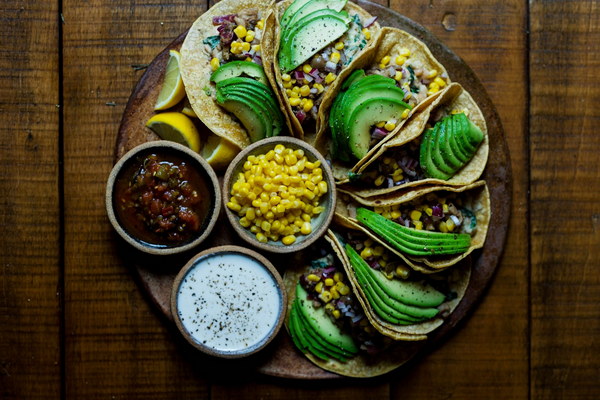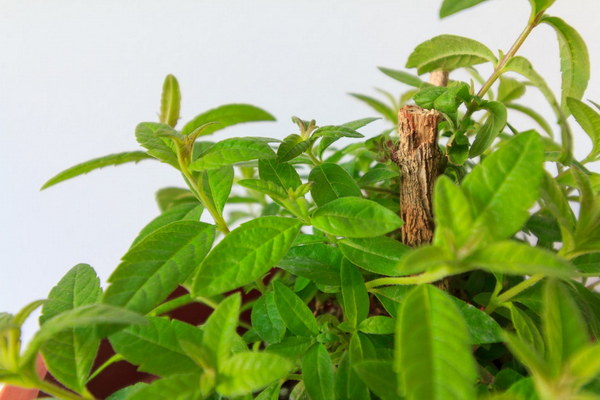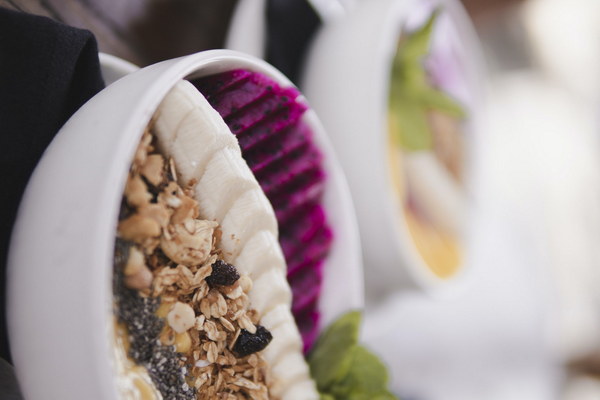Unlocking Liver Health A Comprehensive Guide to High-Protein, Liver-Friendly Nutrition
In the fast-paced world we live in, taking care of our liver health has become more crucial than ever. The liver is a vital organ responsible for detoxifying the body, processing nutrients, and producing bile. High protein, liver-friendly nutrition can play a significant role in maintaining optimal liver health. This article will explore the importance of high protein diets for liver health, provide a comprehensive guide to incorporating liver-friendly foods into your diet, and offer practical tips for maintaining a healthy liver.
Why High Protein Diets are Beneficial for Liver Health
The liver is a metabolically active organ that requires a constant supply of nutrients to function effectively. High protein diets can be particularly beneficial for liver health for several reasons:
1. Supports Liver Function: Protein is essential for the synthesis of enzymes, hormones, and other substances that the liver produces. Adequate protein intake ensures that the liver has the necessary building blocks to perform its functions.
2. Promotes Liver Regeneration: High protein diets can help stimulate liver regeneration, particularly in cases of liver damage. This is because protein is a key component of cells, and the liver relies on it to repair and replace damaged cells.
3. Supports Immune System: The liver plays a crucial role in the immune system by filtering out harmful substances. High protein diets can support immune function, enhancing the liver's ability to combat infections and inflammation.
Incorporating Liver-Friendly Foods into Your Diet
To maintain optimal liver health, it's essential to include high protein, liver-friendly foods in your diet. Here are some examples:
1. Lean Meats: Chicken, turkey, and lean cuts of beef and pork are excellent sources of high-quality protein. Choose organic and grass-fed meats to minimize exposure to harmful chemicals and hormones.
2. Fish: Fish such as salmon, mackerel, and sardines are rich in omega-3 fatty acids, which can help reduce inflammation and support liver health.
3. Eggs: Eggs are a versatile and nutrient-dense source of protein. They also contain choline, a nutrient that can help improve liver function.
4. Legumes: Beans, lentils, and chickpeas are great plant-based protein sources. They also contain fiber and antioxidants, which can help reduce the risk of liver disease.
5. Dairy: Greek yogurt and cottage cheese are high in protein and can help support liver function. Opt for unsweetened and full-fat options to maximize the health benefits.
6. Nuts and Seeds: Almonds, walnuts, chia seeds, and flaxseeds are rich in protein, healthy fats, and antioxidants. They can help reduce inflammation and support liver health.
Practical Tips for Maintaining a Healthy Liver
In addition to incorporating high protein, liver-friendly foods into your diet, here are some practical tips for maintaining a healthy liver:
1. Limit Alcohol Consumption: Excessive alcohol intake can damage the liver. Limit your alcohol consumption to moderate amounts, if you choose to drink.
2. Stay Hydrated: Drinking plenty of water helps the liver flush out toxins and maintain its functions.

3. Exercise Regularly: Regular physical activity can improve overall liver health by reducing inflammation and promoting a healthy weight.
4. Avoid Toxic Substances: Minimize exposure to harmful chemicals, including those found in household cleaning products, personal care products, and pesticides.
5. Manage Chronic Conditions: Conditions such as diabetes and obesity can increase the risk of liver disease. Work with your healthcare provider to manage these conditions effectively.
In conclusion, a high protein, liver-friendly diet can play a significant role in maintaining optimal liver health. By incorporating liver-friendly foods into your diet and adopting healthy lifestyle habits, you can support your liver's functions and reduce the risk of liver disease. Remember to consult with a healthcare professional before making any significant changes to your diet or lifestyle.









